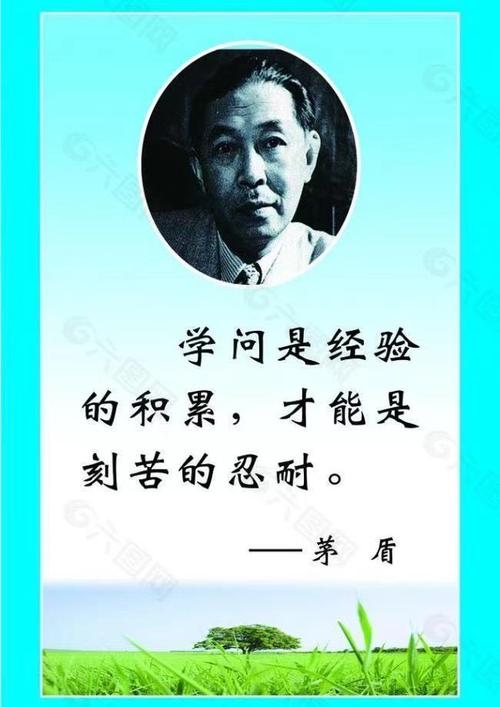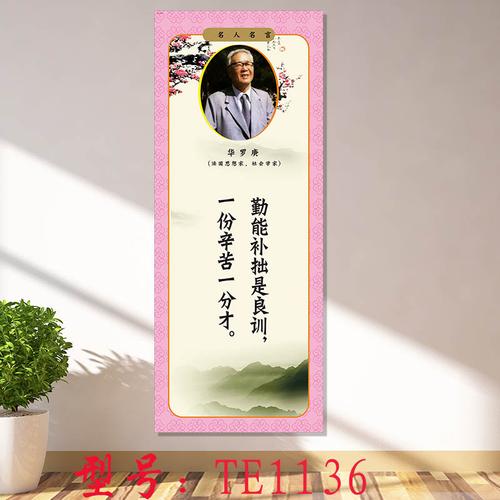2024年3月17日发(作者:明节)

以a开头的形容词
形容词是语言中的一种词类,用来修饰名词或代词的性质或特征,
使其更加具体、生动。在英语中,有很多以a开头的形容词,它们涵
盖了各种各样的意义和用途。在本文中,我们将探讨一些常见的以a
开头的形容词,并深入了解它们的含义和用法。
1. Abundant
Abundant是一个常见的形容词,意为“丰富的、充足的”。它可
以用来描述许多不同的事物,比如食物、资源、财富等等。例如:
- There is an abundant supply of fresh water in this region.
(这个地区有充足的淡水供应。)
- The garden is abundant with flowers and plants.(花园
里盛开着各种各样的花和植物。)
- She has an abundant amount of energy and enthusiasm.
(她充满了能量和热情。)
2. Adorable
Adorable是一个形容婴儿、小动物或人的词语,意为“可爱的、
迷人的”。它通常用来形容那些令人感到温暖、亲切的事物。例如:
- Look at that adorable puppy!(看看那只可爱的小狗!)
- The little girl was wearing an adorable pink dress.(小
女孩穿着一件迷人的粉色裙子。)
- He has an adorable smile that lights up the room.(他
的笑容让整个房间都明亮起来了。)
- 1 -
3. Agile
Agile是一个形容词,意为“敏捷的、灵活的”。它通常用来形
容那些身体灵活、反应迅速的人或事物。例如:
- The gymnast is so agile that she can perform incredible
feats on the balance beam.(这位体操运动员非常灵活,可以在平
衡木上完成惊人的技巧。)
- The cat was agile enough to climb up the tree in conds.
(这只猫足够敏捷,可以在几秒钟内爬上树。)
- His mind was agile enough to come up with a solution to
the problem in no time.(他的头脑足够灵活,在短时间内就能想
出解决问题的办法。)
4. Ample
Ample是一个形容词,意为“充足的、足够的”。它通常用来形
容那些数量、空间或时间充足的事物。例如:
- There is ample evidence to support the theory.(有充足
的证据支持这个理论。)
- The room is ample enough to accommodate all the guests.
(房间足够宽敞,可以容纳所有的客人。)
- She has ample time to finish the project before the
deadline.(她有足够的时间在截止日期之前完成这个项目。)
5. Astonishing
Astonishing是一个形容词,意为“惊人的、令人吃惊的”。它
- 2 -
通常用来形容那些异常、不寻常的事物。例如:
- The magician's tricks were astonishing and left the
audience in awe.(魔术师的表演令人惊叹,让观众感到敬畏。)
- The athlete's speed was astonishing, and he broke the
world record.(这位运动员的速度惊人,他打破了世界纪录。)
- The transformation of the city was astonishing, and it
became a modern metropolis in just a few years.(这座城市的
变化令人惊讶,它在短短几年内成为了一座现代化大都市。)
6. Authentic
Authentic是一个形容词,意为“真实的、可信的”。它通常用
来形容那些真实、原汁原味的事物。例如:
- The antique va is authentic and worth a fortune.(这
个古董花瓶是真品,价值连城。)
- The restaurant rves authentic Italian cuisine that
tastes like it came straight from Italy.(这家餐厅提供正宗的
意大利美食,口感就像是从意大利直接运来的。)
- The historian's rearch is authentic and bad on
primary sources.(历史学家的研究是真实可信的,并基于一手资料。)
7. Awkward
Awkward是一个形容词,意为“笨拙的、尴尬的”。它通常用来
形容那些不自然、不流畅的事物。例如:
- His dancing was awkward and made everyone uncomfortable.
- 3 -
(他跳舞笨拙,让所有人都感到不舒服。)
- The conversation became awkward when they realized they
had nothing in common.(当他们意识到彼此没有共同点时,谈话变
得尴尬起来。)
- The new employee felt awkward and out of place in the
unfamiliar office.(新员工在陌生的办公室里感到笨拙和不适应。)
总之,形容词是一种非常重要的词类,它们可以让我们更准确地
描述事物的本质和特征。以上是一些常见的以a开头的形容词,它们
涵盖了各种各样的意义和用途。熟悉这些词语的含义和用法可以帮助
我们更好地表达自己的想法和感受,让我们的语言更加生动、具体。
- 4 -

本文发布于:2024-03-17 15:55:49,感谢您对本站的认可!
本文链接:https://www.wtabcd.cn/zhishi/a/1710662149288896.html
版权声明:本站内容均来自互联网,仅供演示用,请勿用于商业和其他非法用途。如果侵犯了您的权益请与我们联系,我们将在24小时内删除。
本文word下载地址:以a开头的形容词.doc
本文 PDF 下载地址:以a开头的形容词.pdf
| 留言与评论(共有 0 条评论) |